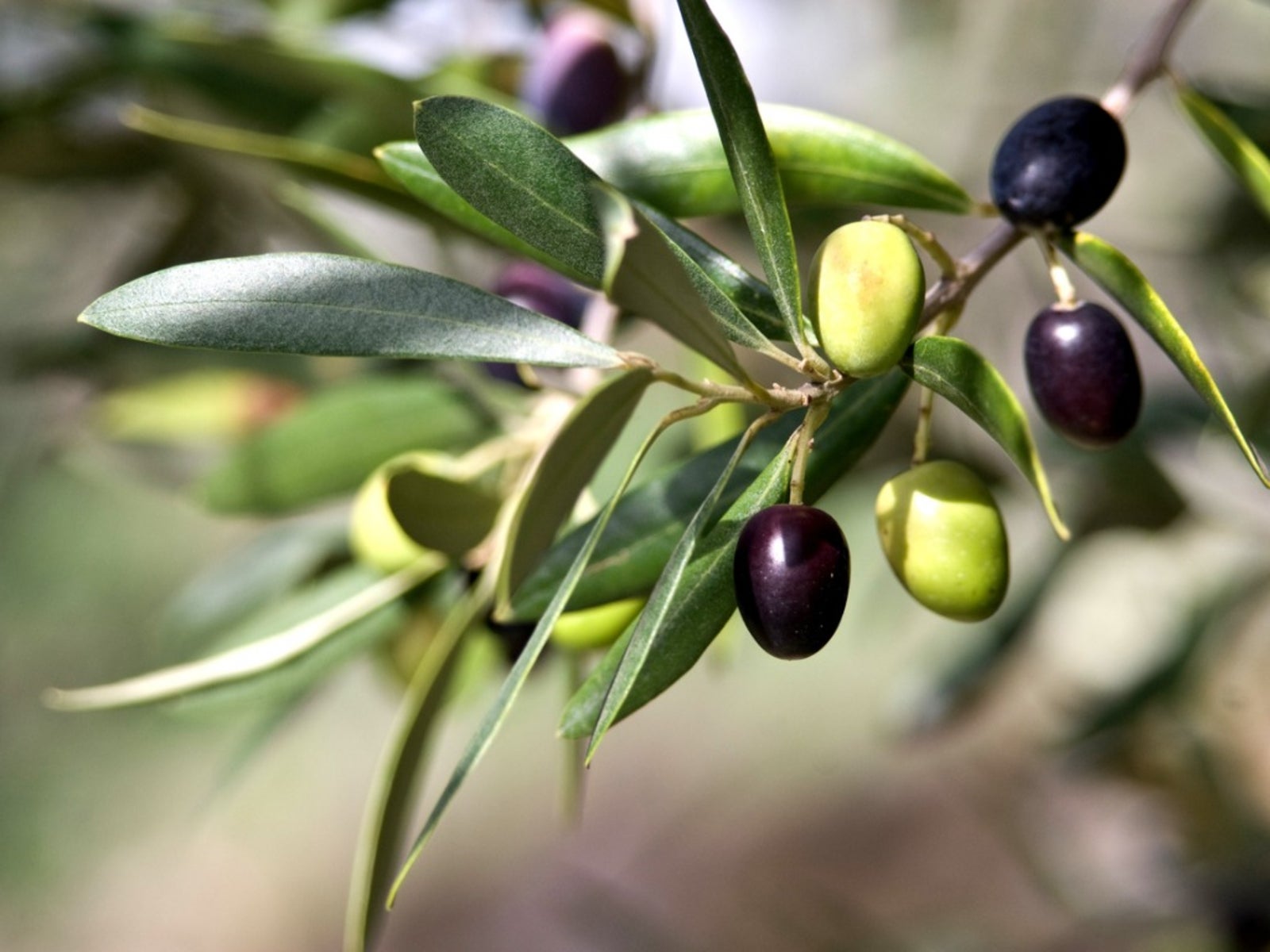
Did you know you can grow olive trees in the landscape? Growing olive trees is relatively simple given the proper location and olive tree care is not too demanding either. Let's find out more about how to grow olive trees.
Growing Olive Trees
Think of olive trees and one visualizes the warm sunny Mediterranean, but olive trees can be grown in North America as well. Most aptly suited to areas which are prone to high heat and plenty of sunshine, the olive tree should be planted outside and once established is fairly low maintenance.
Olive trees have lovely silver leaves, which will compliment many other plantings of the garden but are also grown for their fruit. The olive tree's fruit can be pressed for oil or cured (brined) and eaten. There are other plants which bear the name “olive,” so make sure to look for a European olive tree when you are growing olive trees.
Some cultivars that flourish here are self-fertilizing ones such as Arbequina and Mission, grown for oil and Manzanilla, which is the typical “California” black olive suitable for canning.
How to Grow Olive Trees
Most olive trees take about three years to come into maturity and begin to set noticeable amounts of fruit. To increase fruit set, it is recommended that you plant more than one cultivar close together. Olive trees like to be planted in well drained soil in a sunny area of the landscape.
The olive tree is an evergreen that flourishes in hot dry areas and as such, will not do well in wet winter soil. Olive trees are usually purchased in either 4 inch (10 cm.) pots with numerous side branches and a height of 18 to 24 inches (46-61 cm.) or in a 1-gallon pot with a single trunk and a height of 4 to 5 feet (1-1.5 m.). Unless you are growing an olive tree for a strictly ornamental purpose, it is most advisable to plant a specimen with a single trunk for ease of harvest.
Look for olive tree specimens that are actively growing with soft new growth sprouting from the shoot tips. In an olive tree orchard, the trees are spaced 20 feet (6 m.) apart to accommodate their eventual size, however, there is no strict rule of thumb on spacing. Spacing will vary according to the cultivar. Dig a hole the size of the olive tree's container.
Sign up for the Gardening Know How newsletter today and receive a free copy of our e-book "How to Grow Delicious Tomatoes".
Leave the root ball alone except to remove or cut any circling roots. Do not add soil medium, compost, or fertilizer to the newly planted olive tree. Also, avoid adding gravel or drainage tubing. It is best for the young olive tree to acclimate to its soil.
Olive Tree Care
Once your new olive tree is planted, it is a good idea to provide drip irrigation as the tree will need water every day, especially during the summer months throughout its first year. Once you begin to see a quantity of new growth, feed the olive tree with nitrogen rich compost, conventional fertilizer, or concentrated organic. Minimally prune during the first four years, only enough to maintain shape.
The young olive tree may need to be staked right up against the trunk to assist with stability. Commercial olive tree growers harvest fruit in September or October for canning purposes and small fruit is left until January or February and then pressed for oil.

Amy Grant has been gardening for 30 years and writing for 15. A professional chef and caterer, Amy's area of expertise is culinary gardening.
